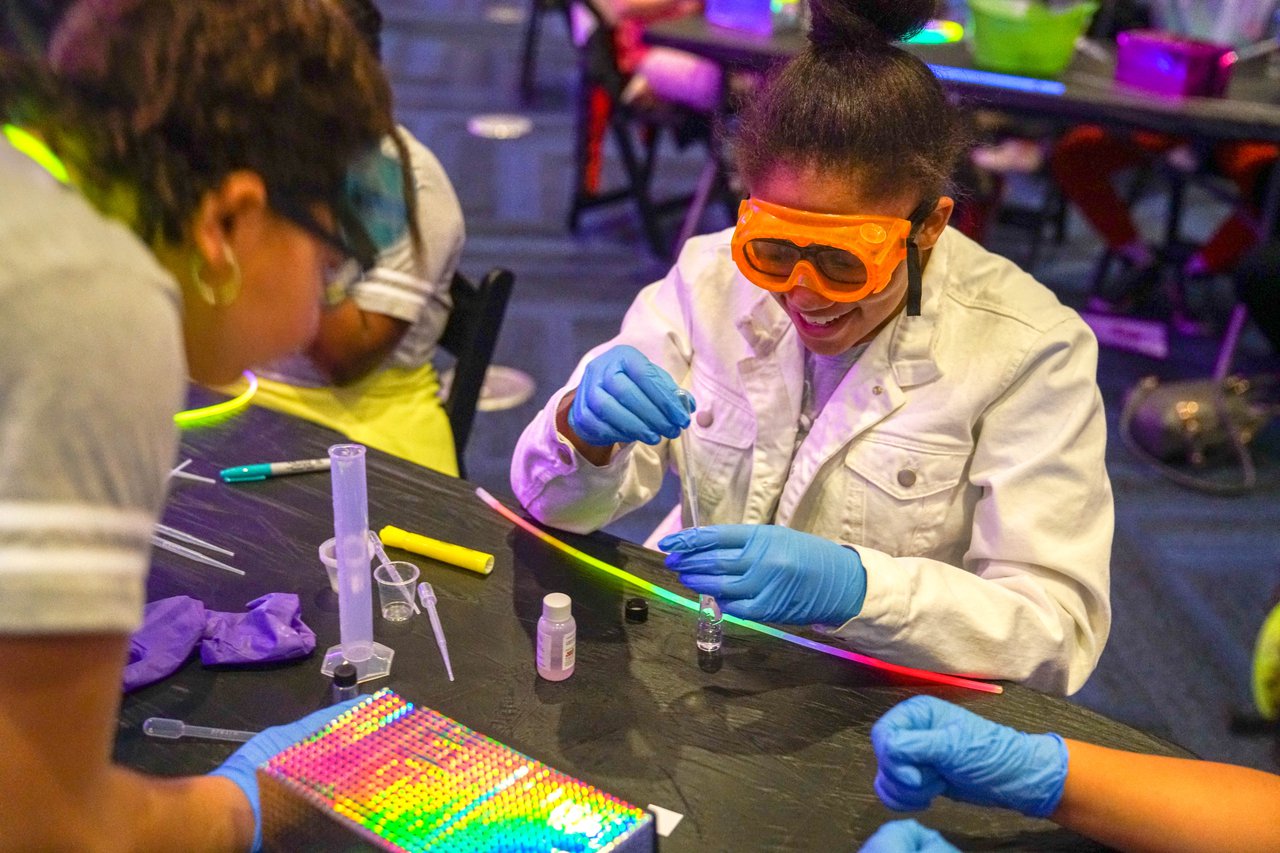Bringing the Museum Into Your Classroom
Digital Demos, sponsored by the Virginia Lottery, are live, virtual lessons that are highly interactive and designed to involve students in STEM through inquiry, hands-on activities, and demonstrations.
These workshops are designed for school audiences - in classroom or homeschool - and are aligned with the Virginia SOLs but are easily adjustable to fit the learning level of any group.
If you're interested in bringing your group to the Museum, check out our Field Trip Guide for all you can do while you're here!
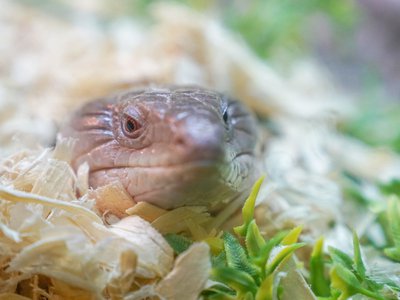
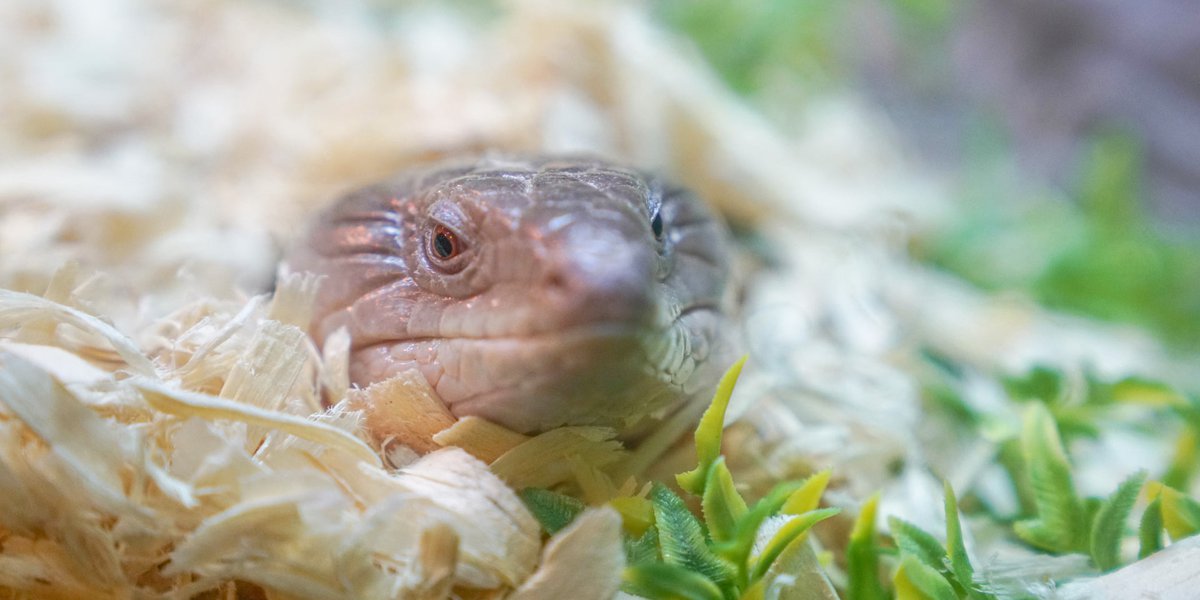
Digital Demos range in length from 30-45 minutes.
- Digital Demos are $150 per lesson for up to 90 students.
- Demos are available Tuesday–Friday with start times at 9 a.m., 10 a.m., 11 a.m., 1 p.m., 2 p.m., or 3 p.m. Afterschool hours are available on request.
Review our menu of offerings below and be sure to check out our Group Information page for the nitty gritty about booking, technology requirements, and how to best prepare for your Digital Demo.
Science Demonstrations
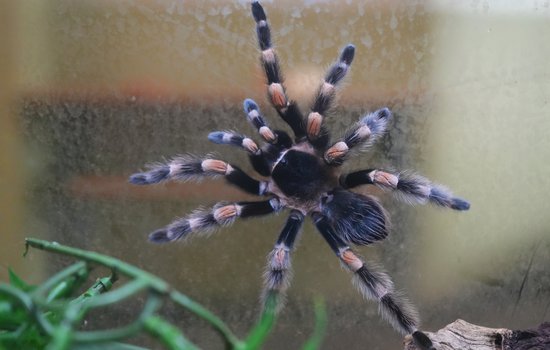
Students can have an up-close encounter with insects, arachnids and more. They’ll learn about what and how different invertebrates eat, and what they need to survive in their environment.
- Grades: K – 7
- SOLs: K: 6,7 | 1st: 5 | 2nd: 4, 5 | 3rd: 4 | 4th: 2 | LS: 6, 7, 8, 11
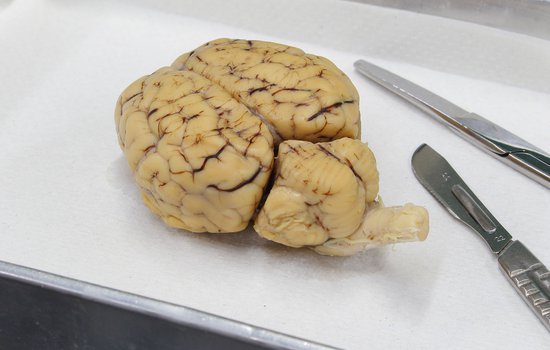
Students will watch an educator dissect a sheep brain. How does your brain work? This demo is sure to make students think about the role of the nervous system.
- Grades: 5 – 12
- SOLs: LS: 2 | BIO: 3 | PH: 6
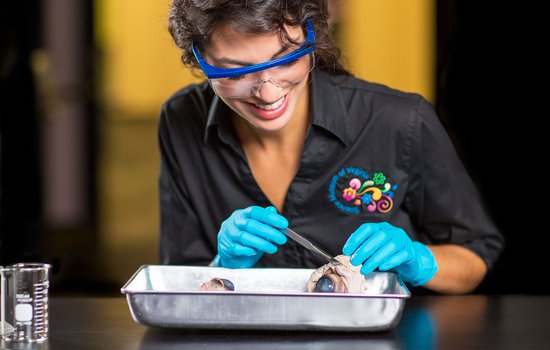
You won’t believe your eyes! Students will watch an educator dissect a cow eye while explaining its different parts and functions to see how the eyes and brain are connected.
- Grades: 5 – 12
- SOLs: LS: 2 | BIO: 3 | PH: 6
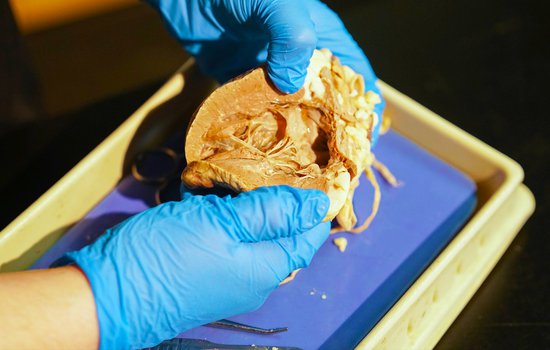
Students will love learning about the cardiovascular system! There’s no better way to learn how a heart works than by watching an educator dissect a sheep heart while explaining its different parts and functions.
- Grades: 5 – 12
- SOLs: LS: 2 and BIO: 3

Chemistry is at its coolest when you put it into action! Students will see four types of chemical reactions, learn the difference between exothermic and endothermic reactions, and watch a colorless liquid transform
- Grades: 6 – 12
- SOLs: 6th: 5 | PS: 3 | CH: 5, 7
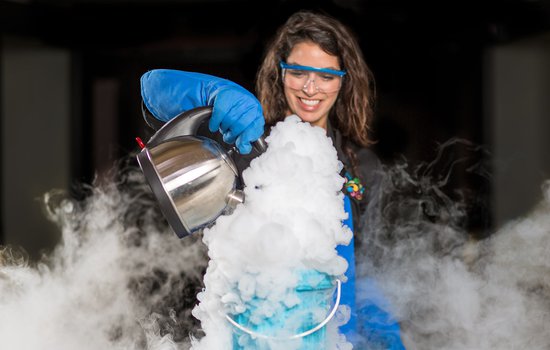
How do solids, liquids and gases react to extremely cold temperatures? Students will watch as pennies shatter, balloons shrink and plants crumble. Matter will change state right in front of them!
- Grades: 2 – 8
- SOLs: 2nd: 3 | 5th: 7 | 6th: 5, 6, 7 | PS: 2, 5
Hands-On Engineering Challenges
Have fun with a Museum educator as we investigate scientific phenomena while working collaboratively to imagine, plan, create, test, and improve upon solutions to design challenges. We’ll send you a list of common materials you will need to have ready before the lesson. We will engage your group during the lesson as they experiment together.
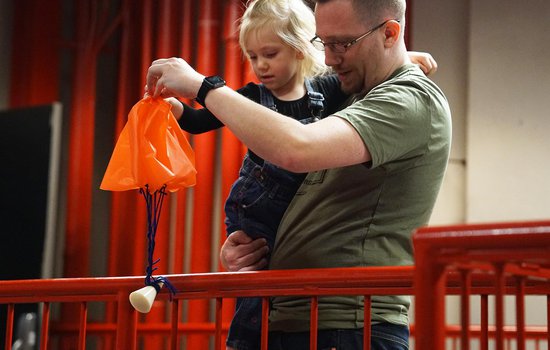
A little healthy competition gives students the chance to put their engineering skills to the test! Students will use gathered supplies to design a better parachute than their classmates.
- Grades: 2 – 7
- SOLs: 2nd: 2 | 3rd: 1, 2 | 4th: 1 | 5th: 1, 3 | PS: 1

Forces + flight = fun! Student learning will soar as they experience scientific investigation by designing and testing paper airplanes.
- Grades: 2 – 7
- SOLs: 2nd: 1, 2 | 3rd: 1, 2 | 4th: 1 | 5th: 1, 3 | 6th: 1 | PS: 1

Grant Funding Available
Include your organization’s information, mission, and verification of your Title 1 or low-income status.
